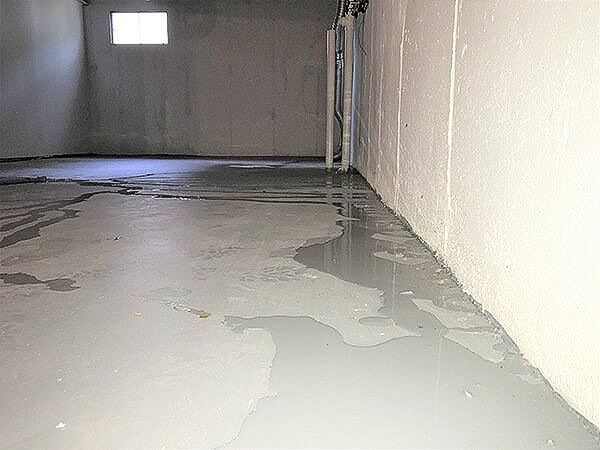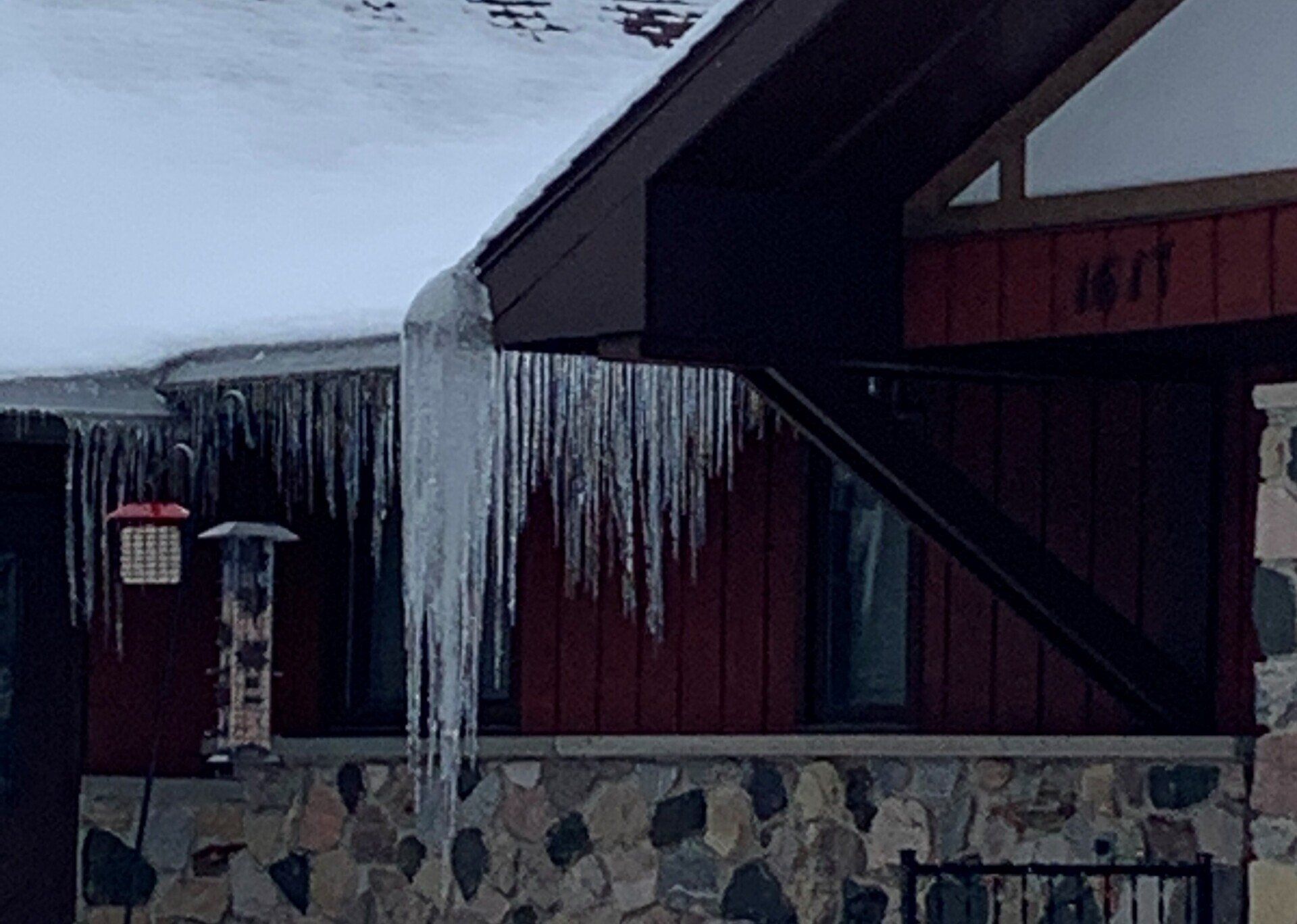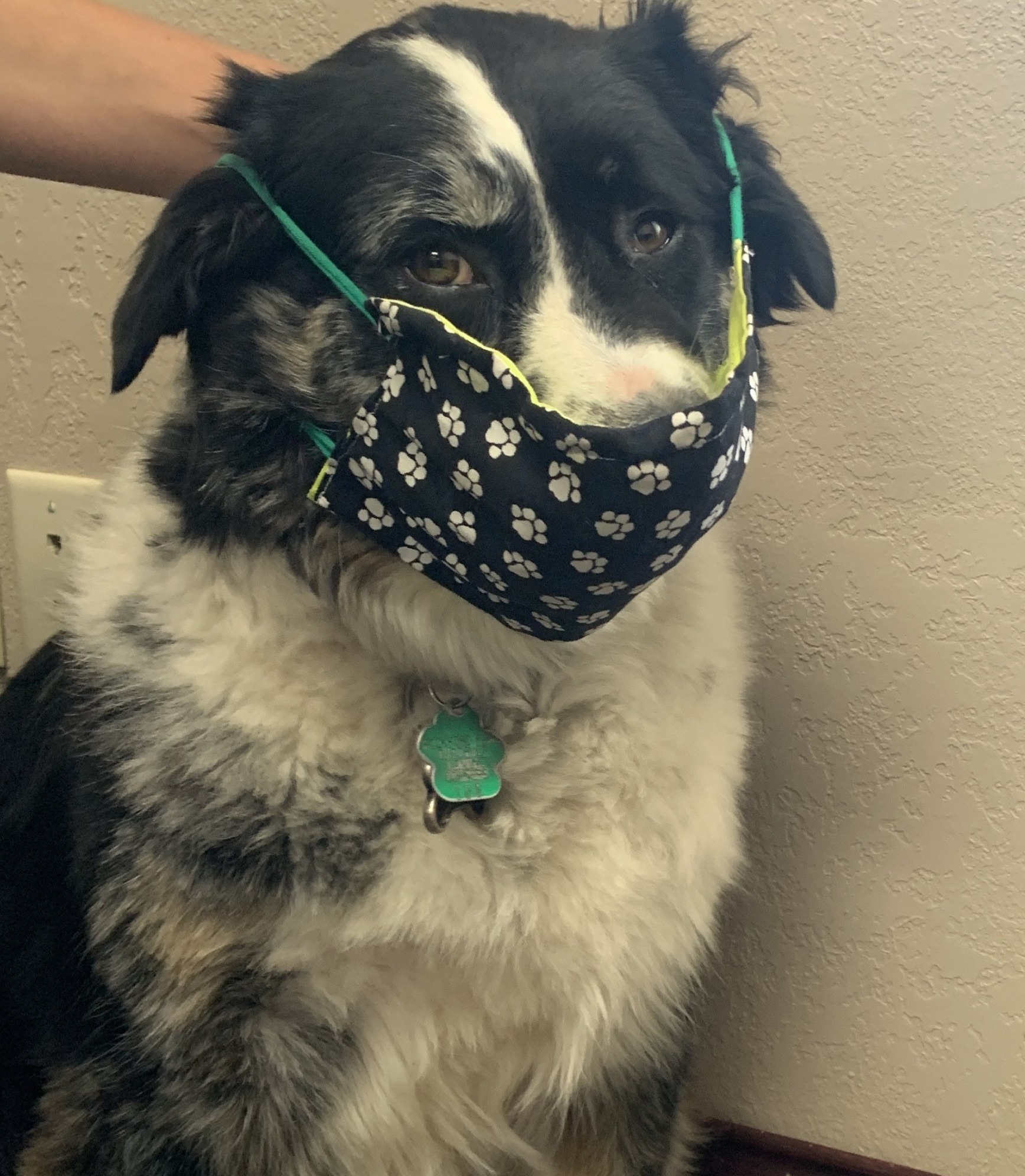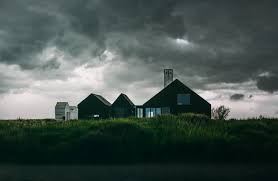Common Causes of Floods in the Spring
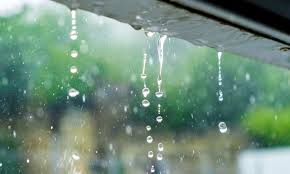
In Rockford and surrounding areas at this time of year, when Spring is around the corner, Southern WI and Northern IL Regions are excited about the arrival of warmer weather. When winter has been mild, the transition into spring is smooth sailing. Unfortunately, if there have been colder temperatures with lots of snow, you could experience some unexpected damages to your property. Spring rain and run-off water from the melter snow could potentially lead to spring basement flooding. If your basement is finished, this means that your drywall, carpet, finished floors, furniture, and other property could be ruined. IF the water damage isn't noticed and dealt with quickly, cold could result, and items may need to be replaced. This is why preventing basement flooding before spring or contacting licensed basement flooding clean-up services is paramount.
TIPS FOR PREVENTING SPRING BASEMENT FLOODING
In Rockford, Beloit, Janesville, and all surrounding areas Water damage to your property can lead to expensive repair bills and can ruin priceless valuables. Even worse, depending on the source and whether there is mold growth, water damage can harm your family. How do you prevent basement flooding in the Spring? Here are a few important steps to take to prevent yoru basement from flooding in the spring.
Machesney Park, Loves Park, Rockford and surrounding areas here are some tips for you!
Clean the Gutters - Clogged gutters and downspouts
- can lead to basement flooding, so it is important to make sure they are cleaned working properly during the transition into spring. Water will then be directed away from the home when the ice and snow melt.
Repair the Cracks -
Basement Flooding can be caused by cracks in the foundation. Use Flood Pros Foundation Crack Repair
Process to put a permanent fix on the concrete poured foundation wall cracks.
Caulking cracks between your home and the driveway or sidewalks can prevent water from seeping in by making a barrier.
Inspect and Clean Septic Tanks - Having sewers and septic tanks inspected and cleaned is another great tip to prevent spring basement floods. This role may not be easy to do on your own, but there are certified spetic companies that can assist you with this.
Have an Alternate Power Source - Consider purchasing a generator, especially if you live in an area where storms occur frequently. Having an alternate power source could go a long way to ensure overall safety for your home and family.
Redirect Groundwater Away from Home -
Flooded basement in Rockford, Beloit, Janesville, and surrounding areas can be prevented by redirecting grounding water away from your home. The top of your home should have a downward slope so that when rain falls or snow melts, the water will wash away from rather than toward your home. For properties with landscaping, a good tip is to lay heavy plastic under rock s, which can further carry water away from your home.
Make Sure Basement Sump Pump Is Functional - Checking to see if your pump has debris can prevent you from having a flooded basement. Some basements do not have a sump pump - in this case, have one installed as soon as possible and have a battery operated on in the event of a power outage. Flood Pros Restoration
can help you get a sump pump pit put in for you.
Remove Snow - Keeping as much snow as possible away from your home will reduce the amount of water that could seep into it. To achieve this, direct the snow a few feet away from your home when you shovel.
Window Well Replacement and Dig Outs - In time window wells fill up with muck from leaves and dirt. You can dig out the inside of the window well about a foot down and put fresh pea gravel in them to help the window well disburse water away from the foundation of the home. Get those window replaced, Flood Pros Waterproofing
team can replace those old broken windows in the basement and put nice glass block replacement windows in. Also use window well guards, they are a great tool to prevent water damage. Snow that melts in window wells increases the risk of water leaking into your basment, so using well guards will keep you safe.
Put in a Backwater Valve - To prevent your home from being water damaged by blockage from a municipal sewer line, instal a backwater valve. It automatically closes off your home from sewer in water begins to back up. Otherwise, water can back up through your pipes and end up in your basement, leading to an even bigger problem.
Basement Flooding in Rockford, Machesney park, Loves Park, Beloit, South Beloit, Janesville, and other surrounding areas can be restored by Flood Pros Restoration. Serving the community for over 30 Years, saving one home at a time!!
This article was referenced by: https://floodservices.ca/how-to-prevent-basement-flooding-in-the-spring/


Written by Rebecca Edwards | Updated January 28, 2020 Ref By: https://www.safewise.com/blog/safety-guide-winter/ Tips To Keep Your Home Safe this Holiday Season! 1. Winterize Your Pipes: Use foam, heating cables, or pipe sleeves to ensure pipes stay warm enough, and seal any cracks in your home’s exterior. During the winter, outside water can freeze and burst exterior pipes. Take precautions to prevent frozen pipes by disconnecting all garden hoses and draining any water left in outdoor spigots. If you have an automatic sprinkler system, drain it as well. If temperatures will drop below freezing overnight, leave exterior faucets trickling to avoid the pressure buildup that causes burst pipes. You can also avoid frozen and burst pipes inside your house by insulating your home and pipes. 2. Inspect Your Roof: Before the first snowfall, check your roof for damaged, loose, or missing shingles that may leak when snow melts or during severe storms. Make sure seals around chimneys and vent stacks are intact as well. If they aren’t, you can make repairs yourself or hire a handyman. Regularly clear your roof of snow this season. And remove all leaves, pine needles, and other roof debris as these can hold moisture and rot during winter weather if left unattended. As the temperatures drop this season, it’s also smart to double-check your homeowners insurance coverage regarding roof repair, water damage, and other risks associated with bad weather. 3. Prepare for Power Outages: Heavy snow and ice can take down power lines and leave you in the cold and dark. To prepare for power outages, invest in a two-way radio for news concerning the power outage—look for one that uses solar power, batteries, or a hand crank. A hand-crank or solar-powered cellphone charger can keep you in touch with family, friends, and neighbors until the storm passes. You’ll also want to invest in a generator, alongside flashlights, lanterns, and extra batteries. In addition to these gadgets, keep warm clothing, blankets, non-perishable food, and bottled water in an emergency kit for bad weather emergencies. 4. Prevent Icicles and Dams: Icicles look enchanting, but they present risk of injury and ice dams—which damage the outside of your home and cause meltwater to get inside. Ice dams occur when there are air leaks in your home or inadequate insulation in your attic. Consider asking a professional to identify and correct these potential problems before it’s too late. Another preventative measure is to opt for roof heating cables. If you already have icicles on your home, there’s no need to be a hero. Hiring a professional to remove them is the safest route. If you do attempt DIY removal, wear a hardhat and safety glasses, and always warn children to avoid icicles. 5. Keep Your Driveways and Walkways Clear: During winter weather conditions, remove snow and ice from sidewalks and driveways. Prepare for snow by stocking up on snow shovels and giving your snow blower or plow a tune-up. After it snows, immediately plow or shovel all trafficked areas. If you go the shoveling route, invest in an ergonomic handle, lift with your legs (not your back), and push snow rather than lift it. Take frequent breaks away from the wind chill to let your body warm up and your muscles relax. Follow up with ice melt or rock salt on steps and walkways to prevent ice buildup. Always wear protective clothing like gloves and hats to prevent frostbite. 6. Fight Germs: Illnesses thrive in winter months, and being cooped up inside makes everyone more susceptible to viruses and bacteria. Keep your family safe by going on the offense against germs and letting in fresh air whenever possible. Keep your house a little cooler so the environment is less friendly for viruses—drop the thermostat by five degrees and use a humidifier. Make sure everyone in your household, washes their hands frequently with antibacterial soap, and regularly changes their toothbrushes.

